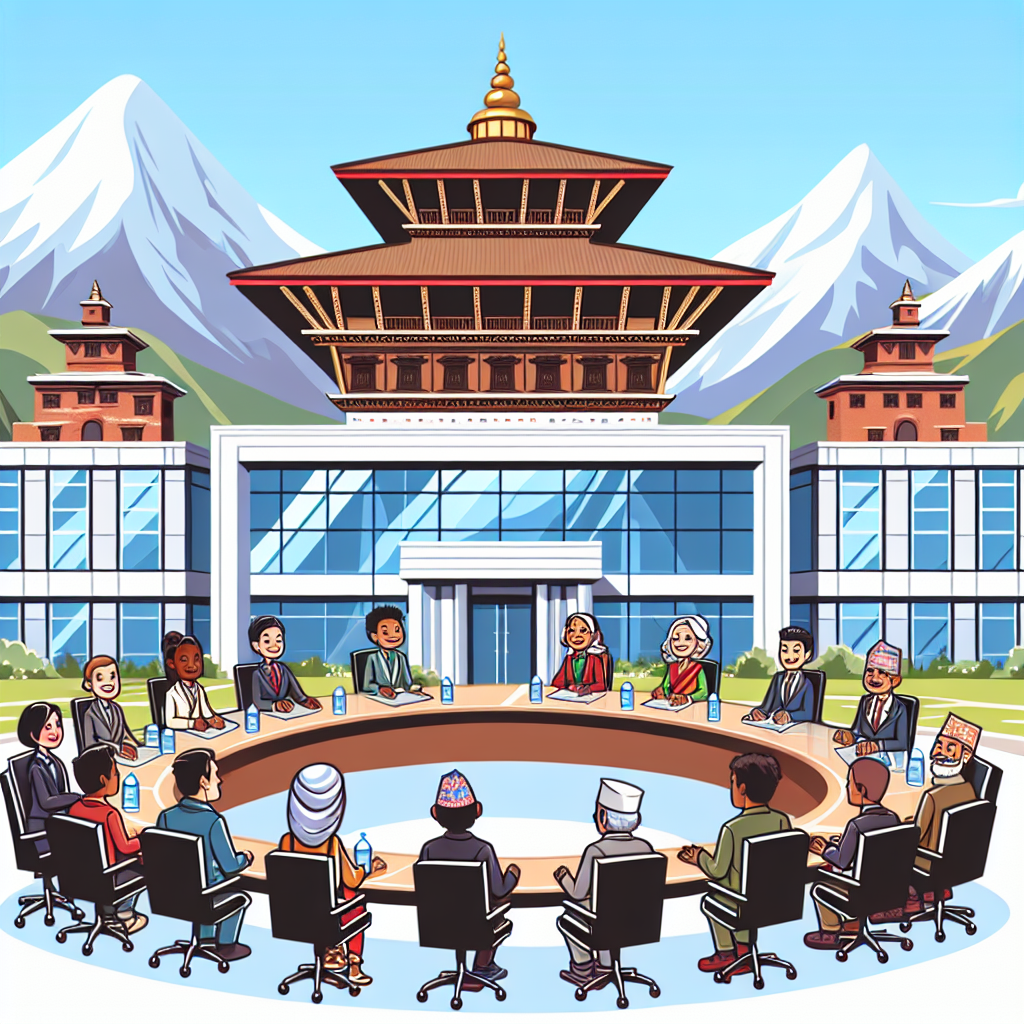Norway's Labour Party Triumphs Amid Policy Challenges and Right-Wing Surge
The Norwegian Labour Party, led by Prime Minister Jonas Gahr Stoere, secured a second term, with a coalition of left-leaning parties achieving a majority. Despite this victory, a notable shift to the right emerged as the Progress Party made significant gains, highlighting public concerns over fiscal policies and international conflicts.

Norway's Labour Party, under Prime Minister Jonas Gahr Stoere, celebrated a victory by securing a second term in office. The coalition of left-leaning parties amassed 87 seats, surpassing the 85 needed for a majority. Yet, Stoere faces challenges in legislation, dependent on negotiations with smaller allies amid discussions of fiscal policies and oil exploration.
The election saw a strong performance from the populist Progress Party, led by Sylvi Listhaug, which capitalized on public discontent with tax policies and international spending. Listhaug's party more than doubled its parliamentary seats, riding a wave of right-leaning support, particularly among younger voters.
International tensions, like those in Ukraine and Gaza, factored into the election atmosphere. Norway's strategic geopolitical role, especially regarding oil and gas, coupled with its sovereign wealth fund's investment policies, remains pivotal in shaping its domestic and foreign policies as the country navigates complex international landscapes.
(With inputs from agencies.)










